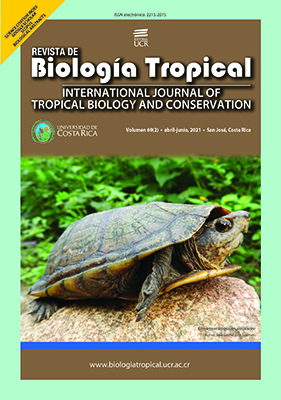Abstract
Introduction: Cambodia is a small agricultural tropical country for which only two small scientometric studies, published five years ago, were available until now. Objective: To identify, for Cambodian research, subjects, outlets, authors, institutions, citations and recommendations. Methods: The data were retrieved from the Science Citation Index Expanded (January 04, 2021) using the word “Cambodia” for the period 1972 to 2019. Results: We retrieved 3 689 documents: for the half century covered, the yearly presence of Cambodia in the index has grown strongly, to 325 articles and 6 555 authors in 2019 alone. Most documents are articles in English about health, particularly infectious and tropical diseases. Most international collaboration is done, by country, with the USA, France, and Thailand; and by institution, with Mahidol University, the Pasteur Institute and Oxford University. The most productive institutions are the Cambodian Ministry of Health and the Cambodian National Center for Parasitology. The main outlets are PLoS One, Malaria and PLoS Neglected Tropical Diseases. Cambodian articles are cited for up to 33 years, with a peak of 4.5 citations within the first two years. Those in English, or from well-funded foreign projects, have more citations in this particular index; especially if they are about malaria, hepatitis or influenza. Conclusions: The nature and impact of Cambodian science outside the SCI-EXPANDED remain unknown, but publications in that index have increased, concentrate on solving local problems, and depend heavily on international collaboration, following a well-known pattern of science in tropical countries. We suggest a funding system based on international peers who assign funds to the most productive researchers with minimal bureaucracy, so that local research is done on a greater variety of topics and with less participation of Cambodian researchers as low-level members in foreign projects.
##plugins.facebook.comentarios##

This work is licensed under a Creative Commons Attribution 4.0 International License.
Copyright (c) 2021 Julián Monge-Nájera, Siyan Yi, Dr., Yuh-Shan Ho, Dr.







